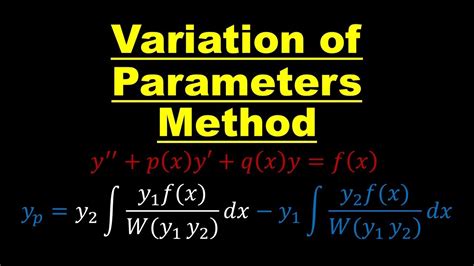In the realm of logic, a first order claim asserts a proposition about a specific object or event. Unlike second order claims, which make statements about other claims, first order claims are rooted in the direct observation of the world around us. Understanding the nature of first order claims is crucial for developing strong arguments and reaching sound conclusions.

Key Characteristics of First Order Claims
- Specific and Singular: A first order claim focuses on a particular entity or occurrence. It does not generalize across multiple cases.
- Affirmative or Negative: The claim either asserts the existence or non-existence of a specific property or event.
- Observable or Verifiable: The truth value of a first order claim can be determined through direct observation or empirical evidence.
Evaluating First Order Claims
The validity of a first order claim hinges on its ability to withstand scrutiny. Researchers, scholars, and critical thinkers evaluate claims by considering the following criteria:
- Empirically Supported: Does the claim align with observed data or prior research?
- Logically Consistent: Does the claim follow a logical structure and avoid contradictions?
- Falsifiable: Can the claim be tested and potentially disproven through evidence?
Example of a First Order Claim
Consider the claim: “The average height of an adult male in the United States is 5 feet and 9 inches.” This claim meets the criteria of a first order claim:
- Specific: It refers to a particular group of individuals (adult males in the US).
- Affirmative: It asserts the existence of a specific average height.
- Observable/Verifiable: The claim can be tested through empirical data (e.g., measuring the height of a sample of adult males).
Importance of First Order Claims
First order claims serve as the building blocks of complex arguments and theories. They provide concrete evidence and observable data that support higher-level claims. Without valid first order claims, arguments become speculative and conclusions unreliable.
Applications in Diverse Fields
First order claims have far-reaching applications across various fields, including:
- Science: Establishing empirical facts and testing hypotheses.
- History: Verifying historical events and reconstructing past narratives.
- Law: Determining the guilt or innocence of defendants in court proceedings.
- Business: Making data-driven decisions and evaluating market trends.
- Everyday Life: Forming opinions and making informed choices based on observations.
Conclusion
First order claims are foundational elements of logic and knowledge acquisition. By understanding their key characteristics, evaluating their validity, and exploring their diverse applications, we can navigate the complexities of proof and make informed decisions in all aspects of life.
